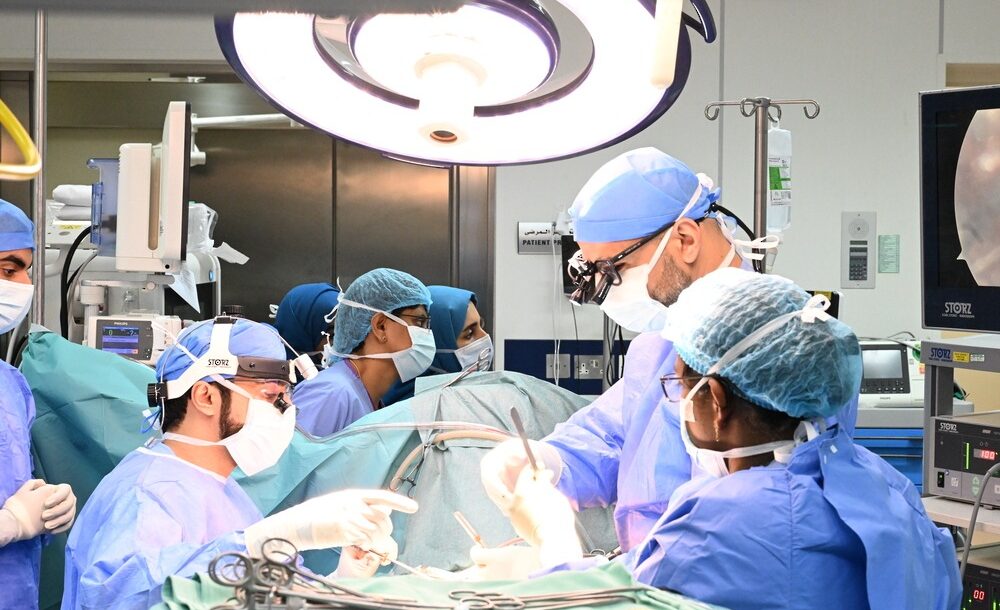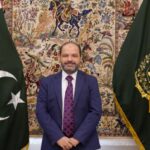Muscat: The complex four-hour operation was led by cardiac surgeons Dr. Walid bin Amer Al-Badi and Dr. Qasim bin Saleh Al-Abri, and represents a significant leap in the development of advanced heart failure treatments in the Sultanate. Following the surgery, the patient received intensive post-operative care and has since been discharged in stable condition, continuing her recovery under the center’s supervision.
Dr. Al-Badi explained that the procedure involved implanting a left-sided artificial heart assist device, designed to support the natural heart in efficiently pumping blood throughout the body. Unlike full heart transplants, this procedure does not involve removing the patient’s heart but rather enhances its performance, helping patients regain vitality and normal activity.
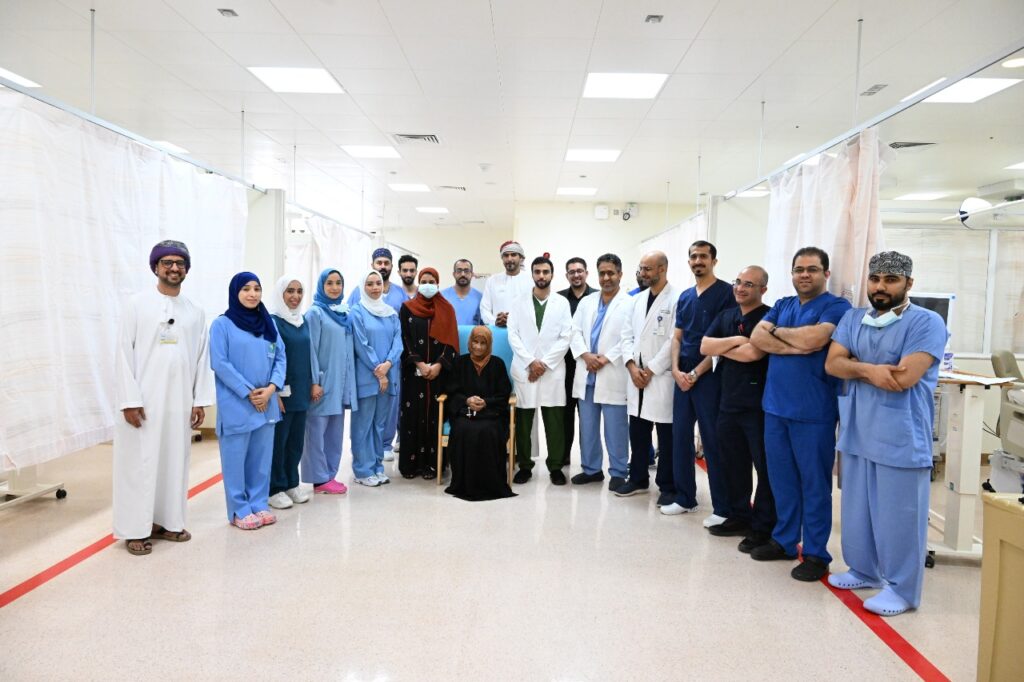
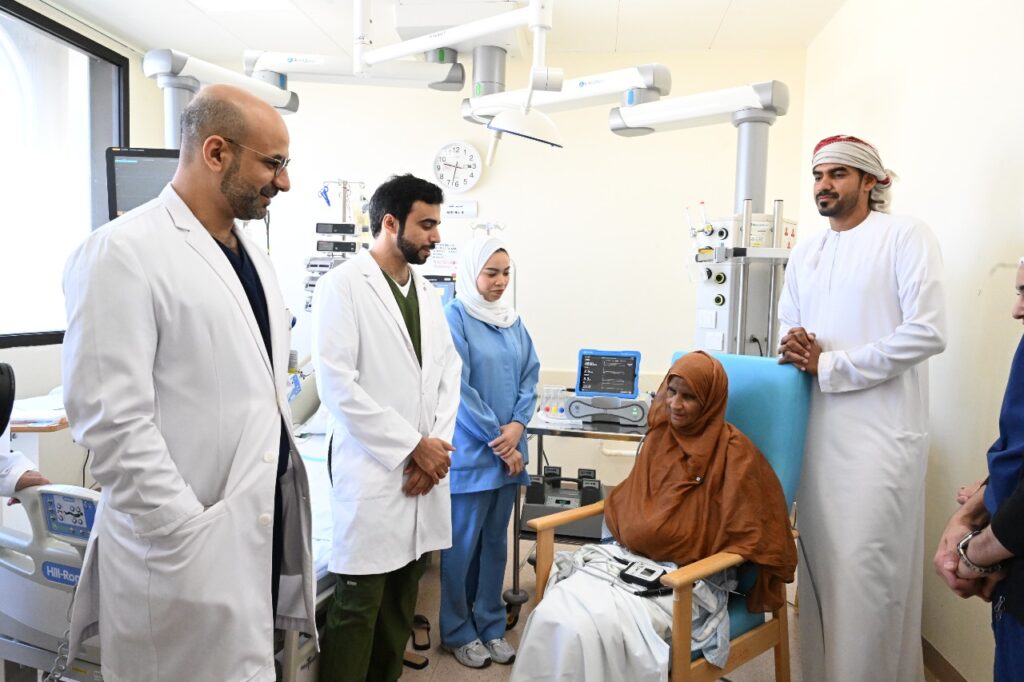
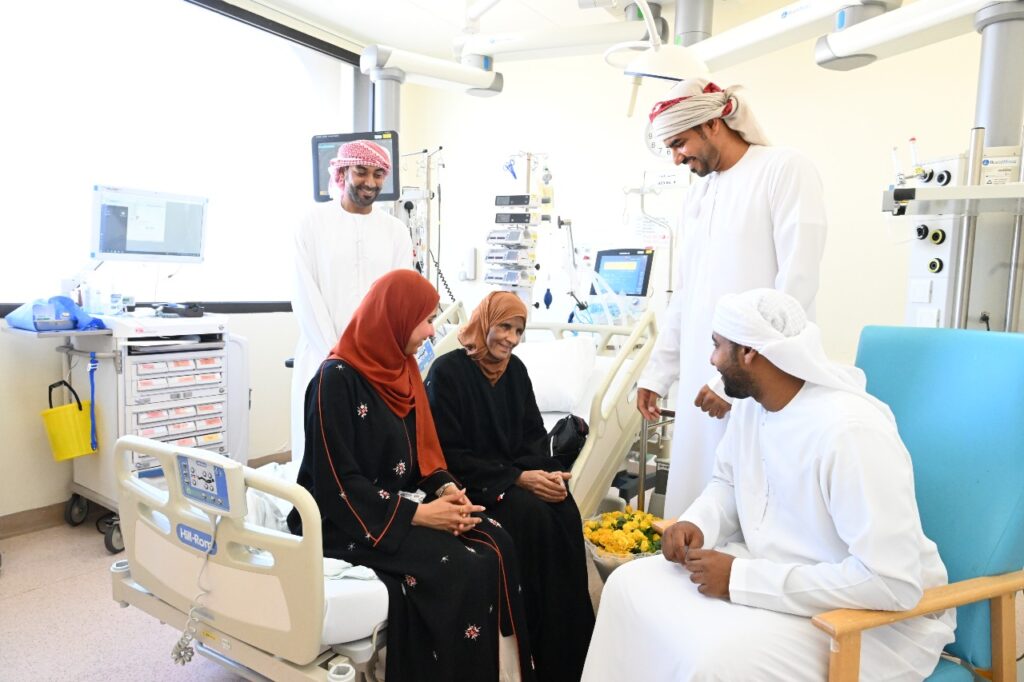
Dr. Al-Abri highlighted that the successful surgery adds a new dimension to the center’s cardiac services, describing artificial heart transplants as a “qualitative leap” in treating severe heart muscle failure. He noted that such operations can serve either as a bridge to full heart transplantation or as a permanent treatment for certain cases, ultimately improving patients’ quality of life and functional capacity.
Read More
- Aster Royal Al Raffah Hospital Muscat and Aster Al Raffah Hospital Oman recognized in Newsweek’s Best Specialized Hospitals Middle East 2026 List
- Childhood high blood pressure doubles in 20 years as obesity crisis deepens, 114 million children affected
- 38-year-old Nigerian patient with rare skull base tumour successfully treated at Aster Royal Al Raffah Hospital in complex 11-hour surgery
- Royal Hospital marks milestone with Oman’s first robotic surgery
- Walk your way to better health and happiness
The patient expressed heartfelt gratitude to the medical team, sharing that she had previously suffered from extreme fatigue and difficulty performing daily tasks but now feels a marked improvement in her health and energy levels.
The artificial heart technology, a cutting-edge option for patients with advanced heart failure, is now a part of the center’s expanding service portfolio, complementing its success in minimally invasive surgeries and human heart transplants.
